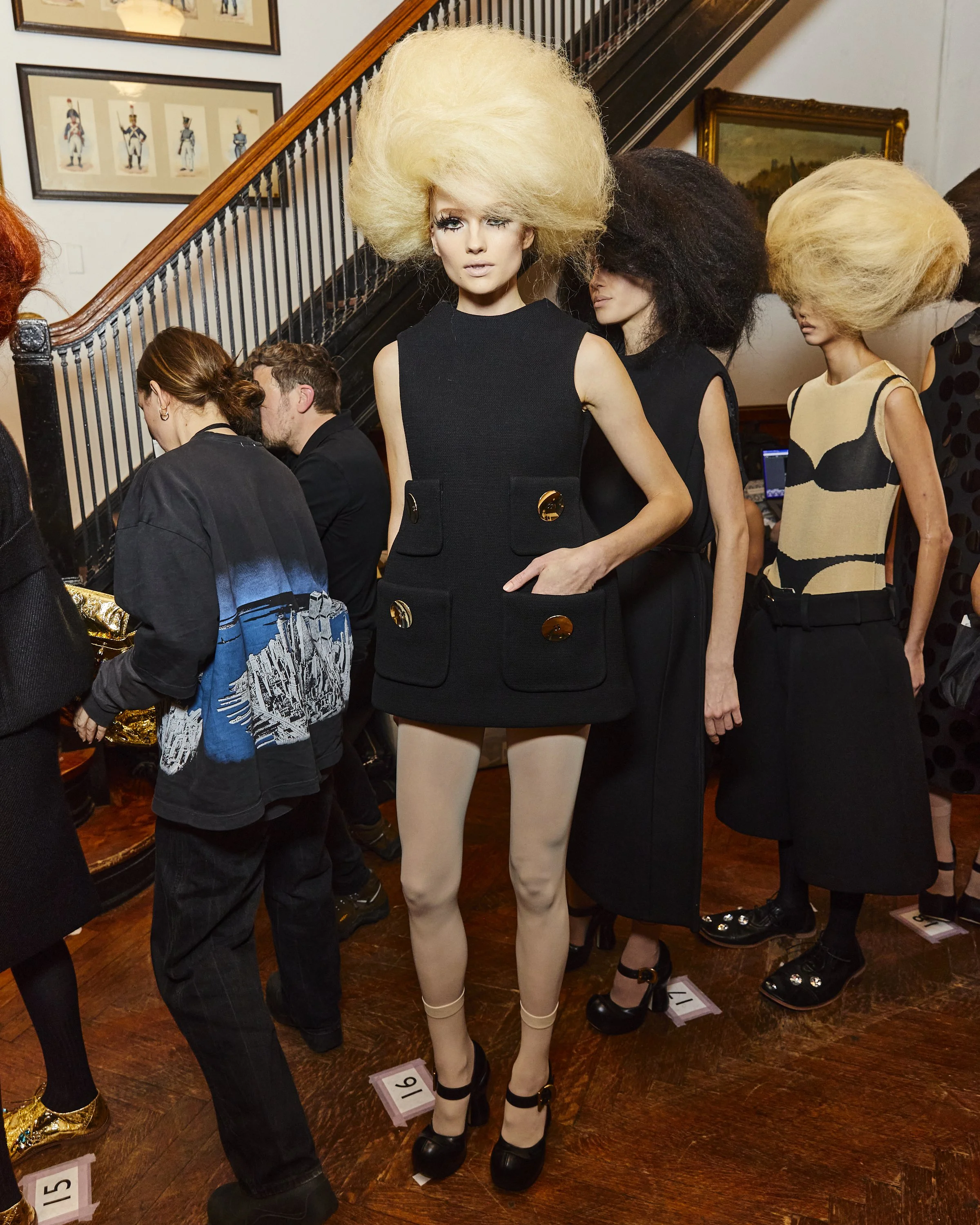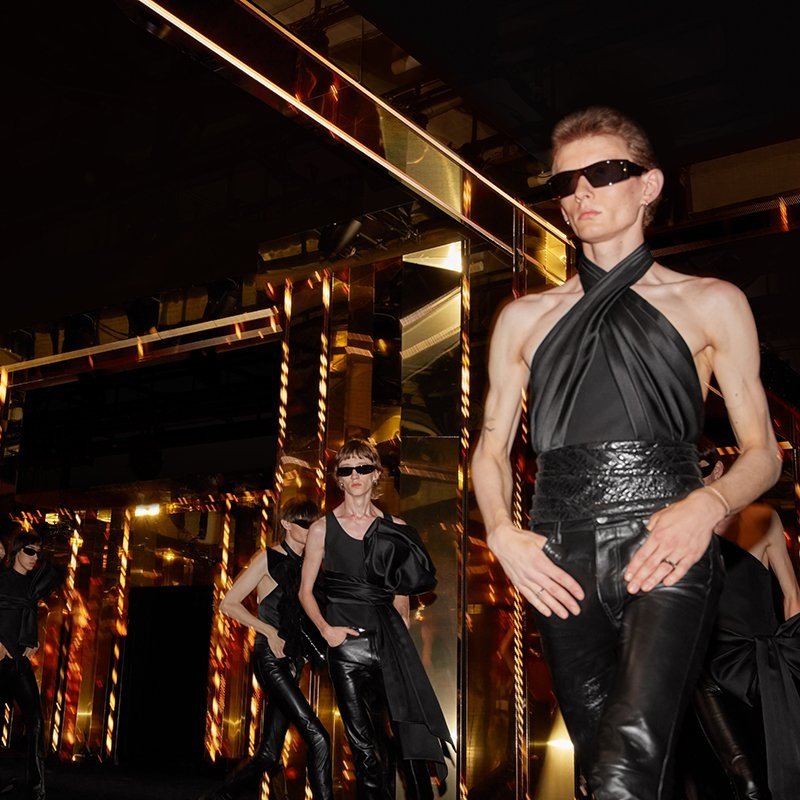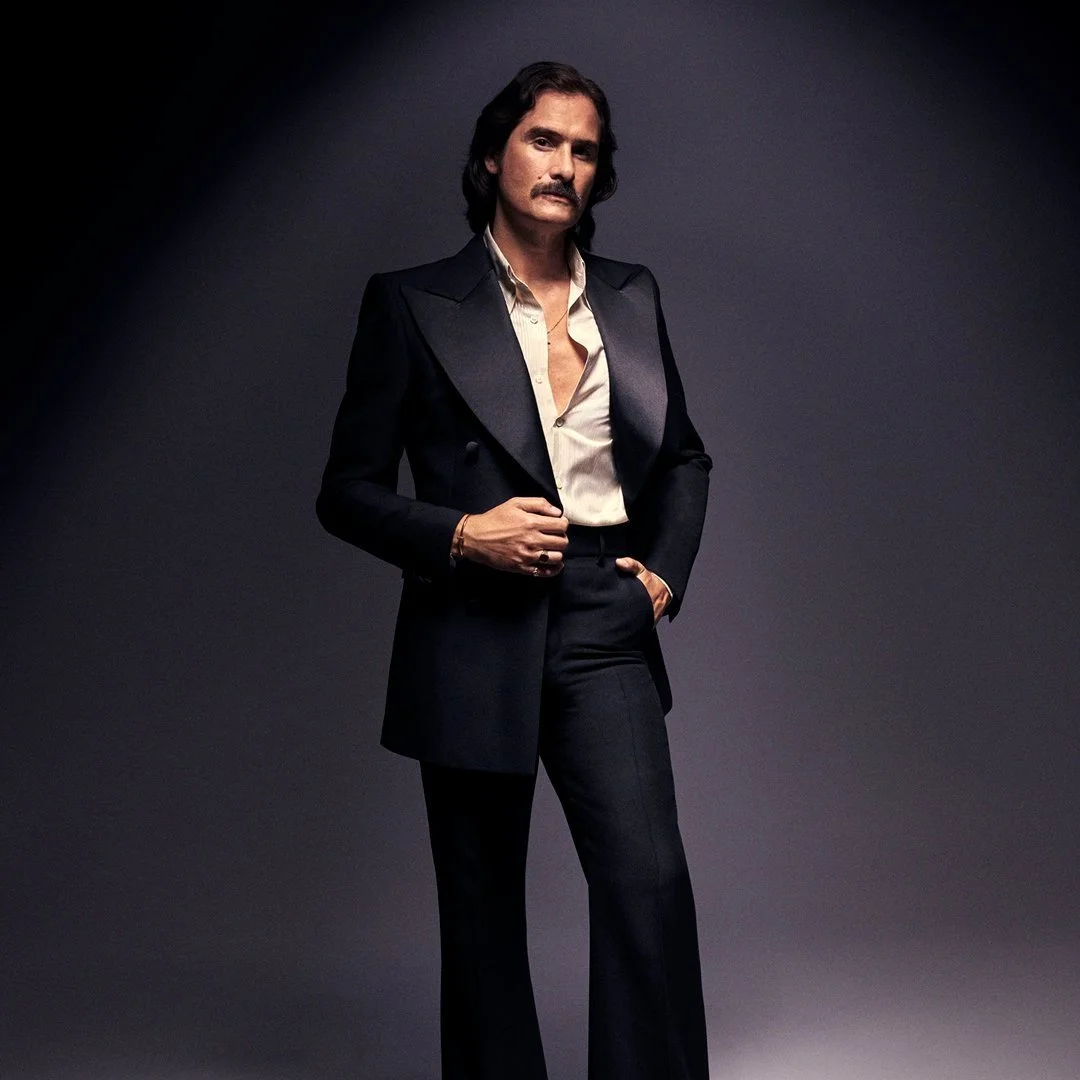Fame and the fiction of the self.
When I was a young boy, I wondered what it would be like to grow up and become famous. Mostly, this was due to the fact that I was addicted to the TV show Fame (all episodes accessible on YouTube, still highly recommended). On Thursday nights, the buzzy drama, a less vanilla, more Metropolitan precursor to Glee which conveniently came on the BBC straight after Top of the Pops, followed the travails of a bunch of idiosyncratic students at the New York School of Performing Arts as they prepped themselves for a life in music, dance and theatre on the Manhattan stage.
The kids from Fame were a brilliantly vicarious friendship bunch to watch and learn along with. Multiracial, multisexual elder teens who channelled their nervous energies and angst through their talents. There was a slightly dreary, virginal cello player who took herself way too seriously and kept getting her heart broken, like an Eighties Taylor Swift. Leroy, the hot contemporary dance prodigy with cornrows who’d jump onto tables in the school cafeteria to bust a move the minute a boombox started popping something suitable. Bruno, son of a proud Italian yellow cab driver, a keyboard wizard exactly like Andrew Garfield’s character in Tick Tick Boom, only ten years earlier. An earnest ginger boy who might be gay, a curly-haired wisecracker called Doris, an elegant Latina who dreamt of shaking her street smarts to be embraced by classical ballet. They were all taught by Lydia Grant, a strict, no-nonsense schoolmistress with a Hollywood heart of gold. Each episode would begin with a title sequence punctuated by Ms Grant’s immortal catchphrase. ‘You want fame. Well, fame costs. And right here is where you start paying. In sweat.’
I’m not sure how much Ms Grant’s pearls of wisdom stand up to the 21st-century fame model, 40 years after she first delivered them while stamping down a dance cane on a parquet studio floor in burgundy body-con dance wear. Fame academies still exist, of course. London has its own South London outlet, the Brit School, though a fame slate numbering Jessie J, Rizzle Kicks and The Kooks, not to mention its Croydon locale, suggests that its primary aim is to round off the edges of raw young talent rather than incubating any natural star quality. Only Amy Winehouse escaped unscathed, for all the good it did her.
The old rules about paying in sweat only apply if fame stays the same. It has changed immeasurably. To equip the young Leroys and Cocos of 2022, lessons that once centred on the acquisition and finessing of physical skill would have to be taught in 140 character status updates, the rudiments of TikTok and navigating cancel culture. Lydia Grant, one suspects, would have held little truck with trigger warnings. They weren’t her idea of what ought to make her hungry young students sweat.
As the central stage of 21st-century fame shifts from the warm thrill of communal applause in a theatre to the cold breeze of approval rating metrics on digital platforms, we have learnt to turn life into a kind of fame school of its own. The tutorials are passed on ad hoc, peer to peer, inventing rules as they go along.
Everybody now has a third-person self, sequestered into the endorphin compartments of brain space saved for busting files of personal effects, opinion and self-congratulation, all the tools for how to best present the private you in the most flattering capacity on a public forum. Fame is an ethereal beast, a series of minor repetitions which cut through to provoke brand awareness. Learning to refer to yourself in the third person – illeism, to give it the correct terminology – has become sport for all.
So we retouch ourselves and send out our own press releases. Entertainment was once delivered and passively received from a small box in the corner of the living room. Now it is self-generated and thrown into the world from our own portals for everyone to judge. At the loss of a job, friend or relative, we have Oscars speeches at the ready to offload. We aggregate one another on our third person-selves, curated versions of a life selected for public perusal. Blogs begat Instagram stories begat podcasts begat full-blown movie-length diary posts told in 30-second soundbites across multiple platforms. Our birthdays are events. Our nights out are crudely edited documentary films lit like fashion shoots. Our friends are co-stars and our thoughts sacrosanct, however seemingly off the cuff they’re crafted to appear. These opinions are so embedded in our sense of personal identity that we are prepared to drive a stake through the blood ties of immediate families for their sakes. Because we are all part of the rabble online, a new media machine in which self-publishing is best, fame is a majority pursuit. We’ve all learned by instinct to act like celebrities.
The trade-off between our public and private selves is sharpened with each generation, fine-tuned out of recognition, making sure the alienation wheel of youth rejecting its forebears still turns. Culture reorganises in its image. Skills don’t disappear but rather become submerged in personal branding arcs, elevating the self by appearing to be almost accidental. The goal is not to condense thought into art or performance but to use the art and performance to sell the subsidiary. That old 20th-century spectrum of fame is gauged on the sales reach of addendum lines to your central talent. The smart money is over nail polish brands and into developing celebrity incense lines.
Influencers are yesterday’s news. Containing follower profiles to the influential few rather than the excess mass is a new priority. Size no longer matters. Blue ticks are redundant. The prize is to get to the vanguard. Fame itself is a bespoke organ, still ethereal and drug-like but new and unrecognisable too. The skill is to make everything bounce off you as if thoughts pop out randomly, while making deeply considered, judicious decisions about who, why and where you want to maximise your potential. This is the modern world.
The sweat we pay for collective fame for now is mental as opposed to physical. The wear and tear of working out what all this is costing is still to be adjudicated. But third-person living is moving nowhere soon. We’re now so skilled at looking at ourselves through other people’s eyes, we may well have forgotten to check the internal view. Fame costs, as the old saying goes. And right here is where you start paying. In illeism.









